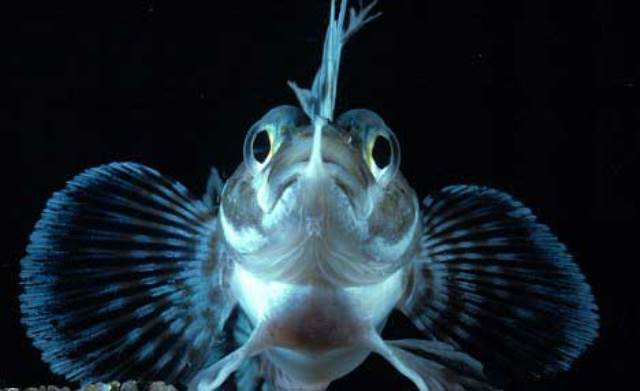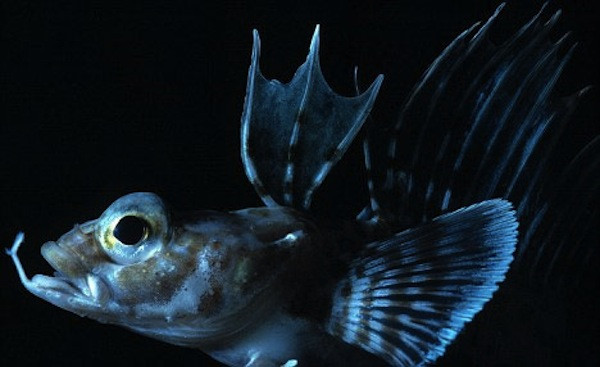Antarctic Antarctic fish is about to be extinct
Species with a special ability to produce natural anticoagulants help them survive, currently facing the risk of extinction due to climate change.
Thanks to anticoagulant glycoprotein in the body, notothenioid fish can survive the global freezing phenomenon, causing a large number of organisms to become extinct 42 million years ago.

Glycoprotein is the secret to notothenioid fish survival and development in Antarctica.

Climate change can push notothenioid fish to the brink of extinction.
The glycoprotein helps ice fish have time and space to adapt to the changes of the new ecological environment. And the time when the strongest and most developed breeding fish was determined by researchers was about 10 million years ago.
Currently there are about 100 different notothenioid fish species in the world but the number of species is seriously threatened because they become the main food source of penguins, seals and toothed whales.
According to Professor Thomas Near who works at Yale University, the United States, the key factor pushing notothenioid species to the brink of extinction is a global phenomenon.
Meanwhile, Antarctica is one of the areas most affected by climate change, typically the warmer temperatures in the country.
- Fish 'live fossils'
- Antarctic fish's blood has antifreeze
- Nearly extinct sharks are sold in fish markets
- Antarctic fish stocks are showing signs of decline
- The most sad animal on the planet is about to be extinct
- Catching the near-extinct fish worth nearly 10 billion
- Discover extinct fish lizards 25 years ago
- Giant prehistoric fish species still live up to now
- Discover a rare hand-walking fish species in the Tasmanian sea floor
- Find the answer to Antarctic paradox
- The price to pay for the fish that live in Antarctica
- The most exotic animals in Antarctica
 Surprised: Fish that live in the dark ocean still see colors
Surprised: Fish that live in the dark ocean still see colors Japan suddenly caught the creature that caused the earthquake in the legend
Japan suddenly caught the creature that caused the earthquake in the legend A series of gray whale carcasses washed ashore on California's coast
A series of gray whale carcasses washed ashore on California's coast Compare the size of shark species in the world
Compare the size of shark species in the world